Critical State – Unwilling to Change or Adapt
As we prepare to close out 2016, let’s look at change. No, not the coins in your pocket; no, not swapping your attire.
We change
- when we see value (Eg. switching to minimum tillage practices.)
- when we are forced (Eg. a health scare.)
- when the pain of staying the same is greater than the pain of changing (this is hard to quantify because there is comfort in the familiarity, not matter how painful.)
Value:
Change to achieve value is easy. We see benefit to doing something different, and we implement change. Although, this is incredibly difficult to define, and can be as diverse as each individual person’s opinion of “value.”
Forced:
Sometimes we get feedback from our doctor, or our banker, that is bleak, stark, or harsh. If we do not change X, we are certain to face Y. If Y is scary, unimaginable, or intolerable, the change to X is usually made pretty quick.
Pain:
Pain is subjective. And it has been found that pain tolerance can be surprisingly high if it means avoiding change.
Look back at 2016, and few years prior to that as well, and consider what drove the change(s) you made:
PAIN isn’t what drove you to acquire a new pickup. Neither was it FORCED. So what was the VALUE?
Was there FORCE or VALUE that led to a plan to improve working capital?
Was it VALUE or PAIN that led to having hired help on the farm?
Determining the factors that brought about the change(s) you are evaluating is a worthy, albeit difficult, exercise. Once we understand what it is that motivates us to change, not generally but specifically, we can use that understanding, that knowledge, to make better decisions.
Direct Questions
What is the most common theme for the changes you’ve made in your life and in your business: value, force, or pain?
Significant changes are easier to evaluate. How do you determine what leads to small changes: value, force, or pain?
How has the fear of change cost you, personally, financially, or otherwise?
From the Home Quarter
Charles Darwin is often credited for saying, “It is not the strongest of the species that survive, nor the most intelligent, but the one most responsive to change.”
Danny Klinefelter is quoted as saying, “The future will always belong to those who see the possibilities before they become obvious.”
Kim Gerencser is quoted as saying,”(Business) cycles will hurt some, but offer opportunity for others. The difference between who suffers and who prospers is who’s ready.”
Change, like 2017, is coming whether you’re ready for it or not. Buckle up!

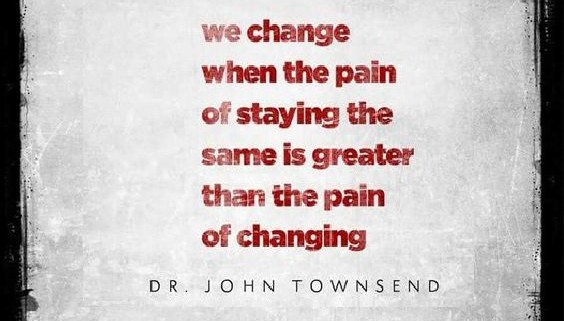
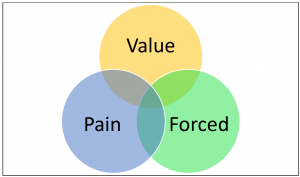
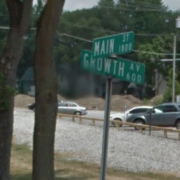
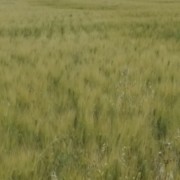
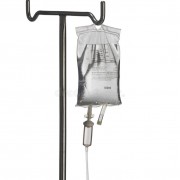
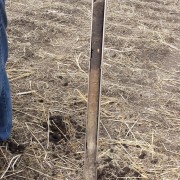
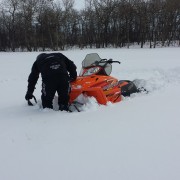

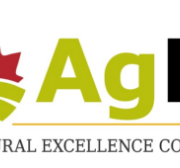


Leave a Reply
Want to join the discussion?Feel free to contribute!